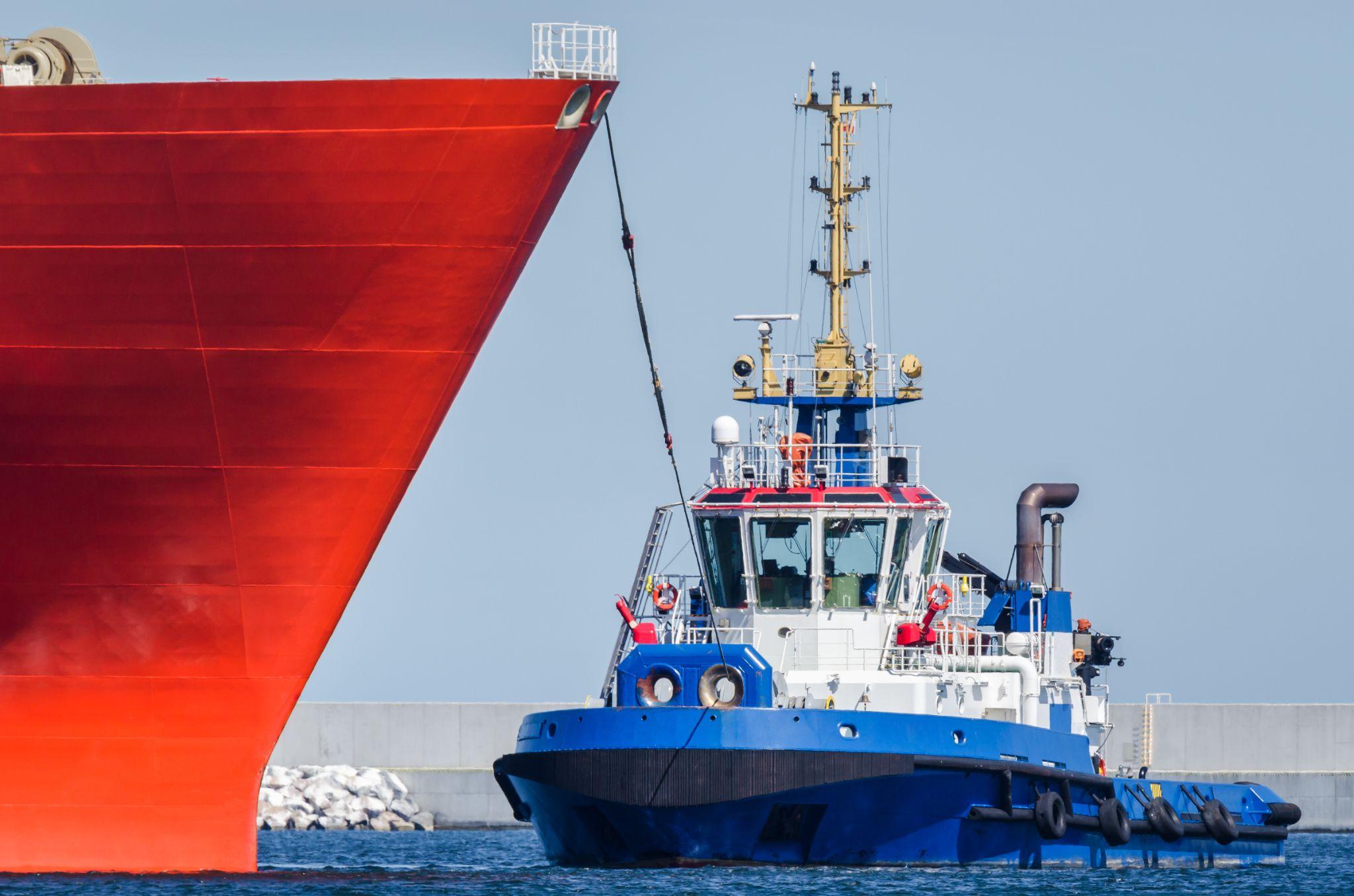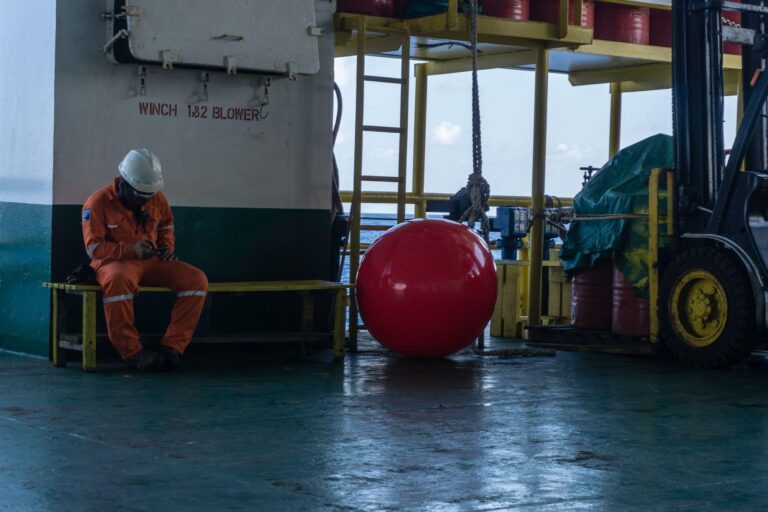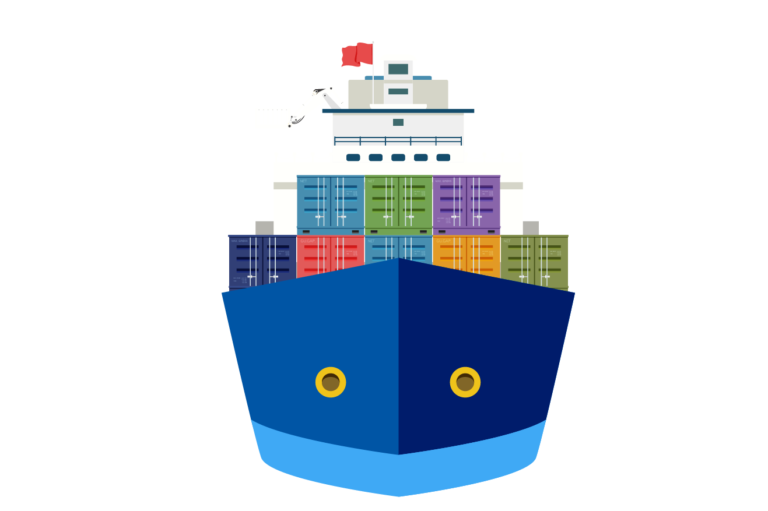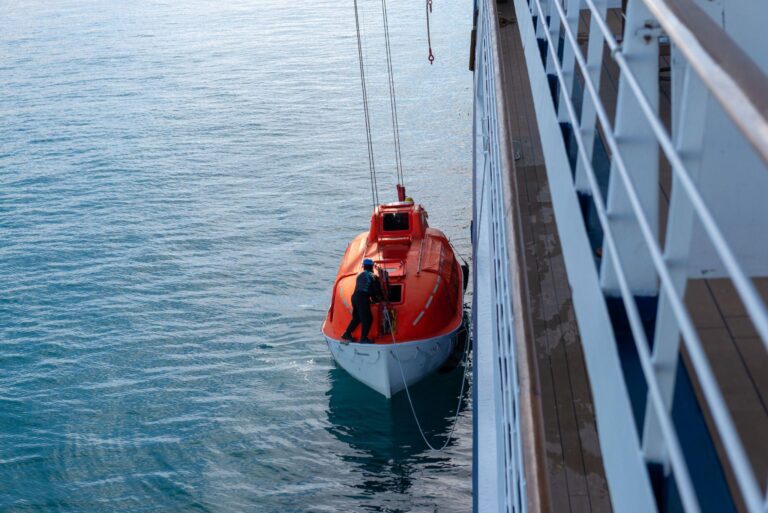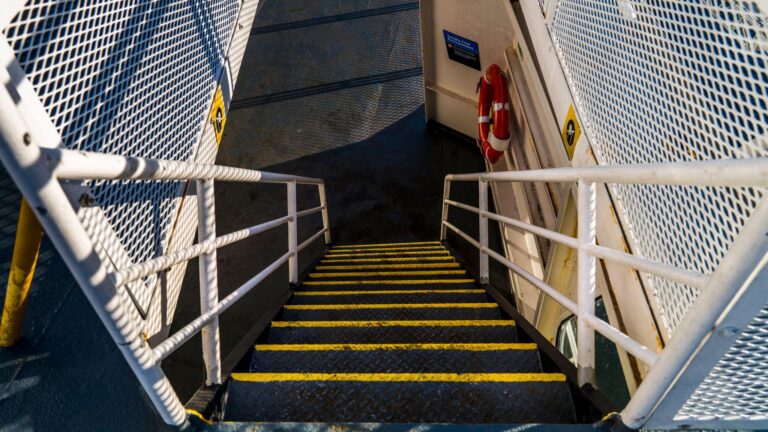Tugboats are essential to the maritime industry because they perform a wide variety of inherently dangerous tasks to rescue stranded vessels, break up ice, and move floating barges or structures. All too often, tugboat accidents happen and crew members can be seriously injured. What causes these accidents and what legal protections are available?
The Risks of Working on a Tugboat
Tugboats are small but equipped with powerful winches, engines, and propellers. These powerhouses of the waterways often have small crews performing challenging tasks in bad weather, cramped spaces, and close to damaged vessels. There are river tugboats, harbor tugboats, and seagoing tugboats.
Working aboard a tugboat is dangerous at the best of times, and while some accidents are unavoidable, many maritime injuries are caused by negligence. The consequences of these accidents can be long term and life changing.
How Do Tugboat Accidents and Injuries Happen?
Some of the specific risks that tugboat crews face in their daily work include:
- Mechanical failures and defective equipment
- Being entangled in winch wires or hit by a snapping hawser
- Chemical exposure from spills or mishandling
- Drowning or hypothermia from collisions or capsizing
- Tripping, slipping, and falling down hatches or overboard
- Crushing between vessels or by falling equipment
- Burns or smoke inhalation from electrical fires or explosions
- Injuries from improper training or lack of safety equipment
What Kind of Injuries Happen on Tugboats?
Victims of tugboat accidents can experience serious, life-threatening injuries that require emergency airlift, hospitalization, and long-term treatment or therapy. Some of the common tugboat injuries include:
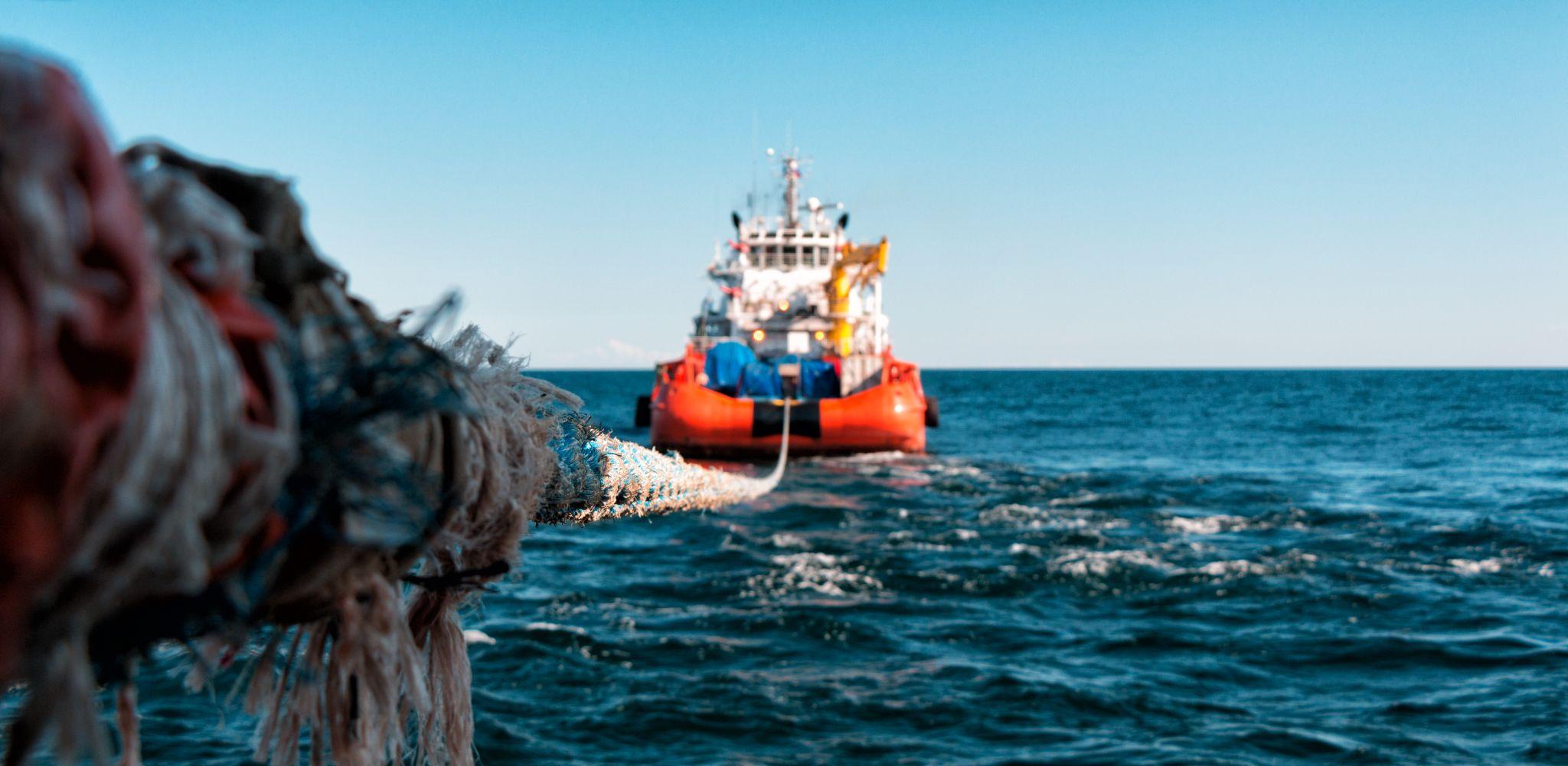
- Death by drowning, hypothermia, or traumatic injury
- Spinal cord injuries and paralysis
- Loss of a limb, hand, or finger by traumatic amputation
- Severe brain injuries, brain damage, or concussion
- Broken bones, joint damage, torn ligaments or tendons
- Back or neck injuries including herniated or dislocated discs
- Vision loss, hearing loss, burns, or disfigurement
- Repetitive motion injuries and chronic pain
Maritime Laws Protect Injured Tugboat Workers
Tugboat operators who work in service to a vessel in navigable waters are protected by maritime laws regardless of whether they work on a river, in a harbor, or on the high seas. They are entitled to maintenance and cure if they are injured, regardless of who is at fault. This is the most basic protection under maritime law and provides a daily stipend for living expenses and coverage for medical care until an injured person can return to work.
There are other maritime laws that apply if the ship owner or a crew member was partly at fault in causing your accident or allowing it to happen. While the benefits of maintenance and cure are very limited, and end when the injured person reaches maximum medical improvement, the laws involving negligence can provide full and fair compensation for a serious life-changing injury or tragic death on a tugboat.
The Jones Act and Tugboat Accidents
The Jones Act offers injured maritime workers the right to sue their employer or ship owner if negligence was at least partly to blame in causing their accident or making it worse. This negligence might take the form of improper navigation, operation, training, or equipment.
If the vessel was unseaworthy or the decisions of the ship owners played a part in causing your injury, you may have a claim under the Jones Act. You must qualify based on how much time you worked on the vessel or fleet, and you and your tugboat accident lawyer will need to prove that negligence was a factor, but the burden of proof is fairly low, even if you believe you were partly to blame.
If you do have a case under the Jones Act, you or your family may receive long-term disability, full coverage of treatment, loss of wages or earning potential, and even compensation for pain and suffering in some cases. A maritime attorney can best advise you on your legal options after a tugboat accident.
Legal Claims Against a Third Party
You may also have a valid claim for additional compensation if someone else was negligent and played a role in causing your accident or illness. Other vessel owners might cause a tugboat accident by failing to follow directions or operate the larger vessel safely. Equipment manufacturers can be held liable for supplying winches and lines that fail under their intended use. If you have suffered a serious injury aboard a tugboat, your best option may be to seek legal guidance before you sign away your rights to sue.
Do You Need Legal Guidance After a Tugboat Accident?
If you or a loved one has been injured while working on a tugboat, you need sound legal advice and support to fully recover. At Schechter, Shaffer, and Harris—Maintenance and Cure—we have helped thousands of maritime workers recover millions of dollars since 1964. Our maritime attorneys have recovered some of the largest Jones Act settlements in history for our injured clients.
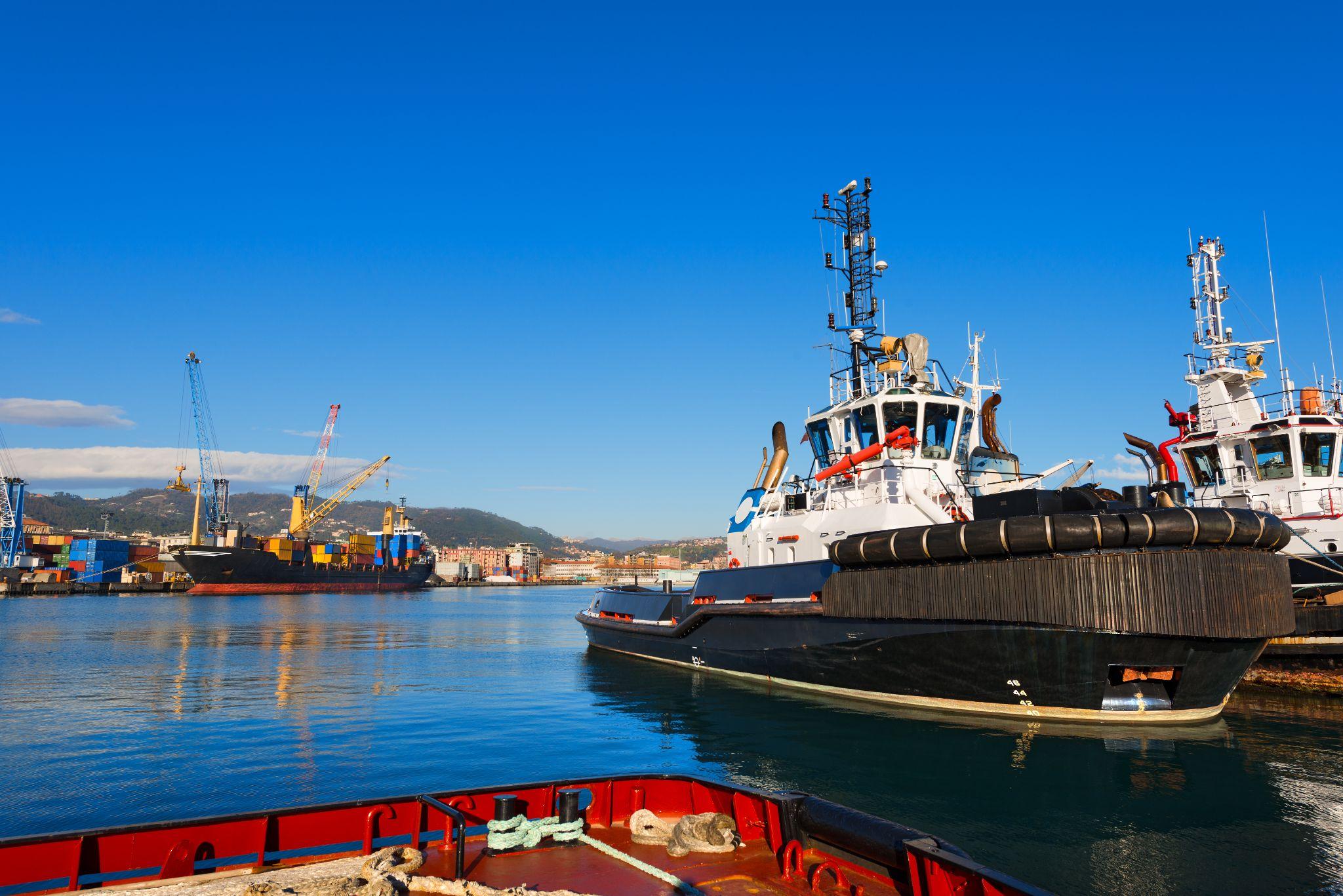
Since you can schedule a free case evaluation with our nationwide team of experienced maritime attorneys, there’s no reason to feel adrift after a tugboat accident or injury. Call on us to bring the situation back in line and help get your life back on course.

